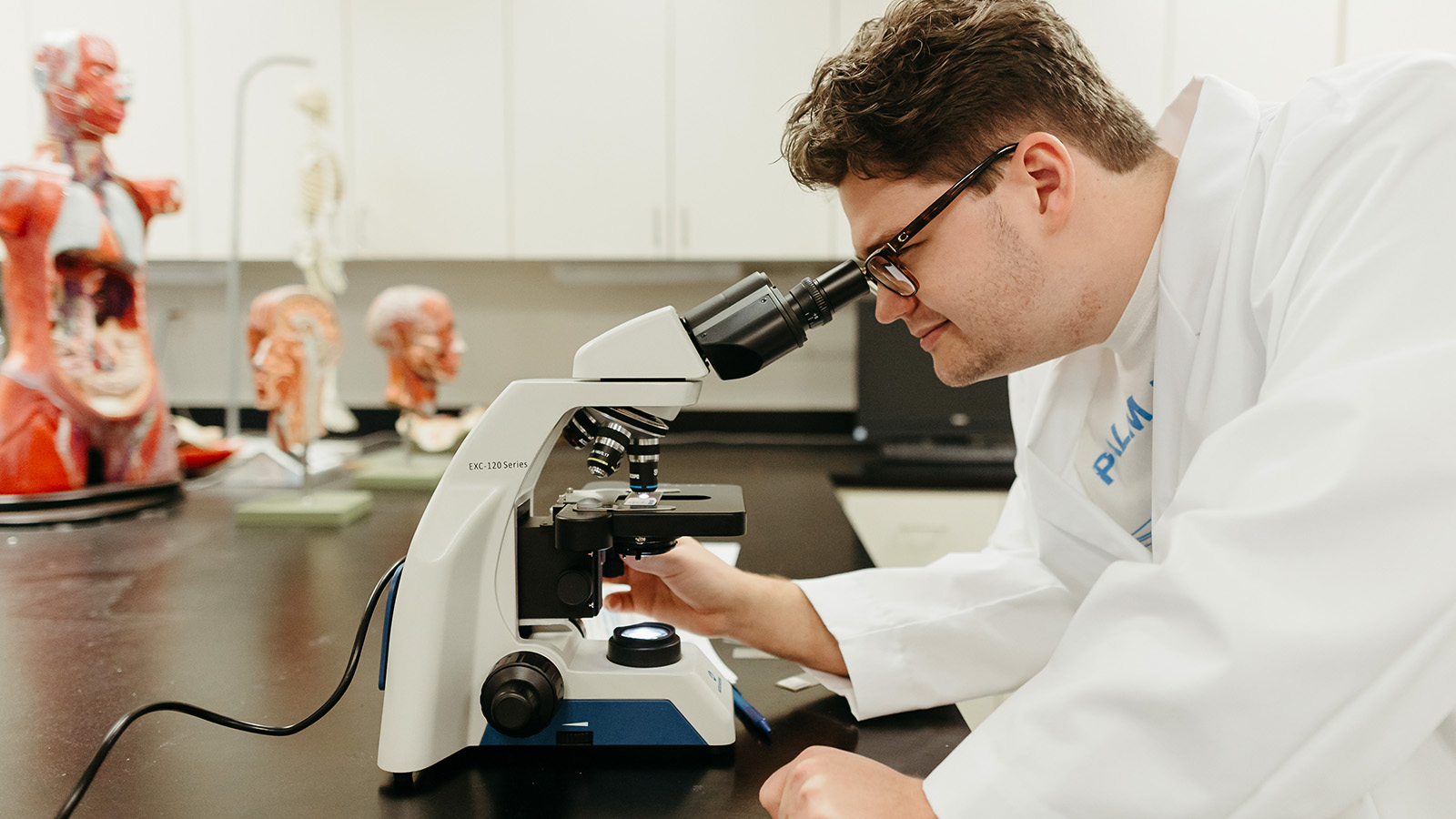What is a Botanist?
Plants are a crucial component of the ecosystems that we live in. Plants provide food, oxygen, shade, shelter, and many other resources. The scientists who study plants and the environments they grow in are called botanists. Botanists study the structure, development, growth, and biochemical processes of plants. Botany has many career applications ranging from agriculture to conservation and can provide rewarding careers for students who enjoy the natural world.
What do you Learn in a Botany Degree Program?
Botany is closely related to biology and is firmly rooted in the natural sciences. To understand how plants grow, students will must understand genetics, photosynthesis, cell biology, morphogenesis, and other foundational concepts. Here are some classes you will likely take in a botany degree.
- Introduction to Scientific Research
- Environmental Microbiology
- Cell Biology
- Ecology
- Field Biology
- Environmental Biology
- Organic Chemistry
- Algebra
- Genetics
How to Become a Botanist
Becoming a botanist requires education, passion, and an eye for opportunity. Turning a hobby or personal interest into a rewarding career is a multi-step process, but one that will allow you to find work you love. Here are some steps to becoming a botanist.
Step 1: Earn a Bachelor’s Degree
Most positions in botany will require at least a bachelor’s degree. Botany requires an in-depth understanding of the entire lifecycle of a plant and the many ecological factors that influence growth. PBA offers a biology degree with a concentration in botany, environmental science, and field biology. An undergraduate degree provides a well-rounded education that blends domain-specific training with general education courses.
Step 2: Gain Experience
There are many exciting opportunities in the West Palm Beach area. Many of our students intern at leading scientific organizations and agencies, some of which include:
- Max Planck Institute
- Scripps Research Institute
- Loggerhead Marine Life Center
- Mote Marine Laboratory
- MacArthur Beach State Park
- Palm Beach County Department of Environmental Resources Management
Completing an internship and gaining field experience during your bachelor’s degree can give you a competitive advantage in the job market and give you a taste of the day-to-day life of a botanist.
Step 3: Join a Professional Organization
Organizations like the Botanical Society of America and the American Society of Plant Biologists have a strong interest in developing the next generation of botanists. Joining a professional organization can be a great source of learning materials, inspiration, and professional connections.
Step 4: Network & Apply
Career success is often closely related to professional relationships. Students who are passionate about botany will often be able to connect with other botanists or professionals in adjacent fields. Attending conferences on botany or biology can be a great chance to meet scientists, researchers, and professionals in the field of botany.
Career Outlooks
Botany graduates in the state of Florida have a bright career outlook. Florida plant and soil scientists are among the best compensated in the country with a mean annual wage of $92,320. Botanists make an average of $77,080 nationally.
Career Options for Botany Graduates
Botany graduates will have a number of attractive career paths to choose from. Here are some popular roles for botany graduates.
Research Scientist
Botany is situated within biology, so botany graduates will have the foundational education needed to conduct scientific research. Research scientists in botany may protect endangered plant species, examine invasive species, or engineer new strains of plants.
Botanical Gardener
Botanical gardens play a major role in exposing the public to the beauty and serenity of the world of plants. Botanical gardeners design and maintain impressive gardens housing diverse and exotic plants.
Professor
Botany graduates who enjoy science and learning may find a career in higher education rewarding. To become a college professor, students will usually need to complete a graduate degree and gain teaching experience in the field.
Consultant
Botany graduates can have successful careers consulting for agribusinesses, environmental agencies, and other related organizations. A career in consulting is a good choice for students who are self-motivated and have the ability to develop a professional network.
Learn more about PBA’s Botany program
Palm Beach Atlantic University offers an exciting botany program that gives students access to state-of-the-art facilities and research laboratories. PBA’s Biology: Concentration in Botany, Environmental Science, and Field Biology degree can help you learn how to steward the environment while integrating a Christian perspective on the natural sciences.

